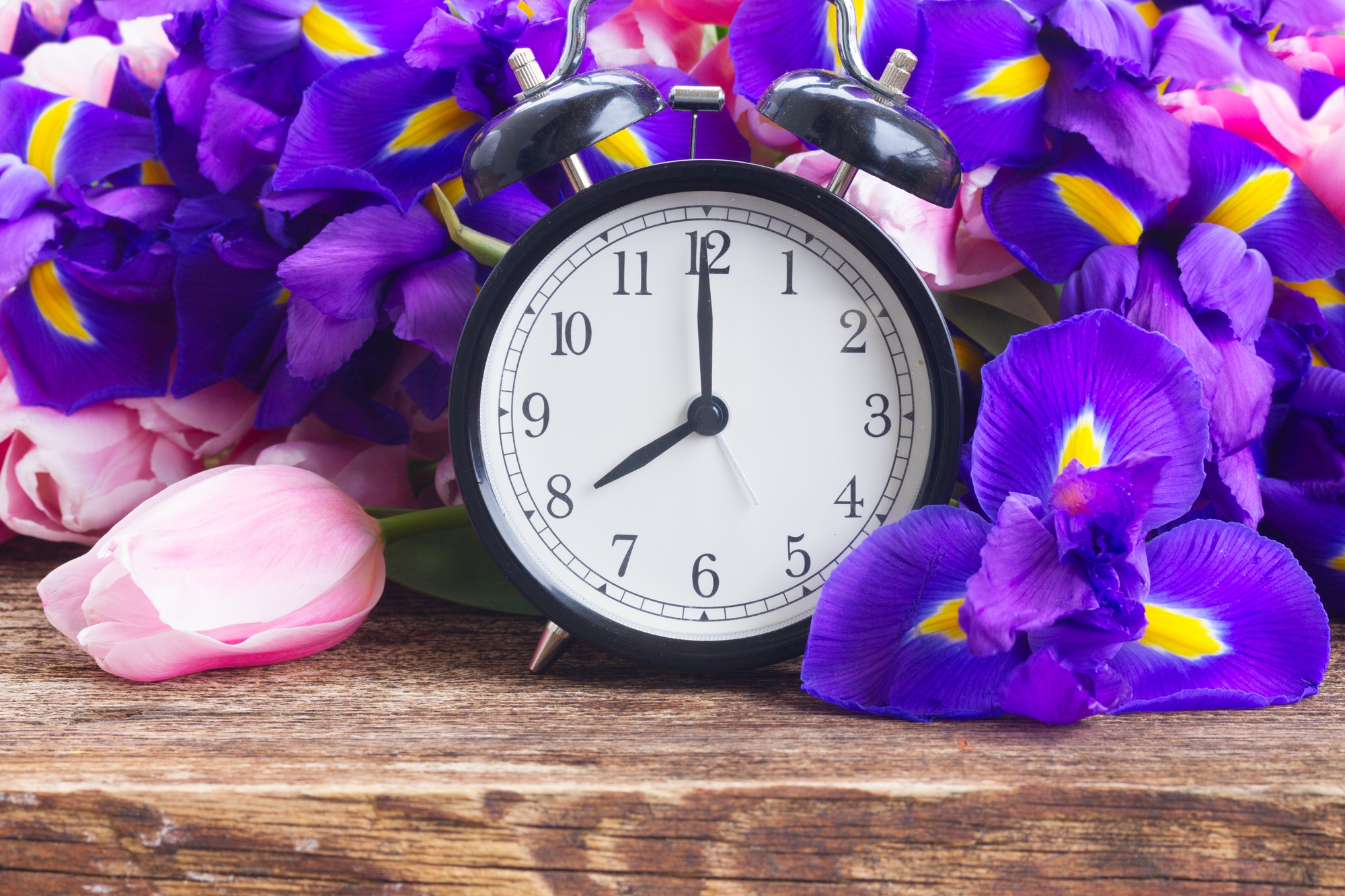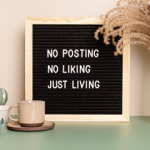Daylight Savings Time is more than just changing the clocks—it disrupts sleep, mental health, and overall well-being. Research shows an increase in heart attacks, strokes, and car accidents following the time shift due to its effect on our circadian rhythm. Learn how to ease the transition with better sleep habits, gradual adjustments, and morning sunlight …
Time to "Spring Ahead"
“Spring Ahead” is upon us shortly. This back and forth of time has something of discussion for years. I have been told throughout my life it was started for various careers such as farming or sports such as golf. I am sure we all have heard other reasons as well along the way which were probably untrue. The truth is, this was started in WWI to save on fuel by adding an hour of daylight according to the Milwaukee Journal Sentinel (website below). It was actually opposed by agriculture at the time.
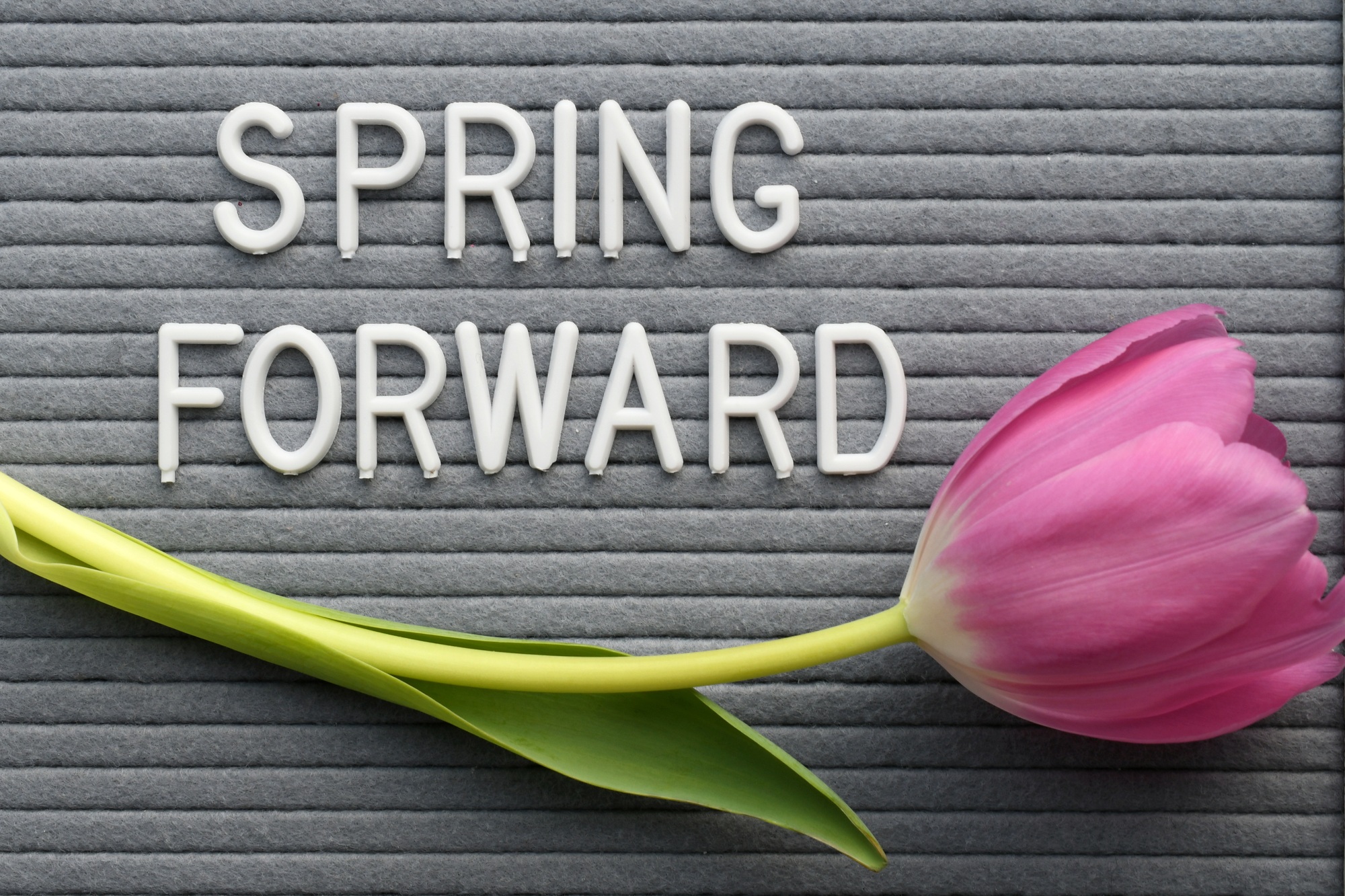
There has even been legislation about ending this, but it stalled out in the House of Representatives after passing the Senate in 2023. The bill was set to keep the nation at daylight savings time called the “Sunshine Protection Act”. (source)
Looking at all the data, this is not healthy medically or psychologically for a person to be adjusting our time even by 1 hour either ahead or behind due to this effecting your circadian rhythm. Sound familiar, we did discuss circadian rhythm in a previous post and how this effects us medically and mentally. (source)
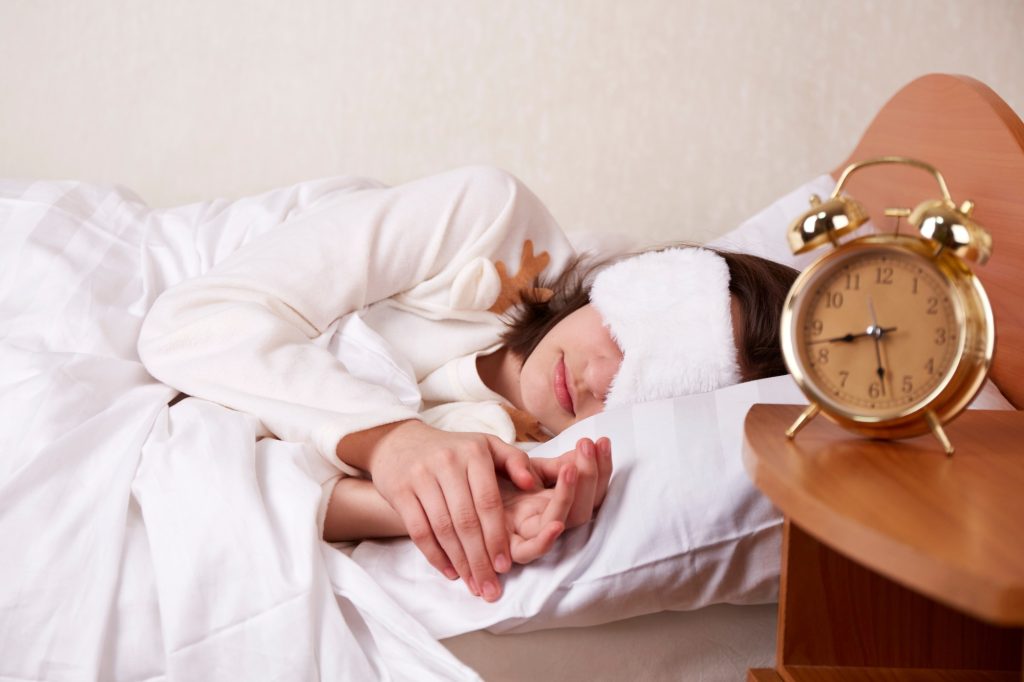
So as you can see with this information (increased number of heart attacks and strokes in the days following), springing ahead is much worse for us medically. There is also information that has confirmed increased car accidents as well due to people being sleep deprived.
So what can we do??
Keep a routine. A good sleep routine will help to adjust to this change easier. Make sure you continue to limit, ideally eliminate screen time before bed, complete stretching and deep breathing or some meditation. Obtain sunlight during AM as this sets your circadian rhythm. Try not to nap as this can alter your sleeping at night. Continue with your exercise routine and healthy eating.
Make the adjustment over days, not 1 night. 15 minutes per night over 4 nights is something the body can tolerate better which is also suggested in this article by the American Medical Association.
So remember, Keep a Routine
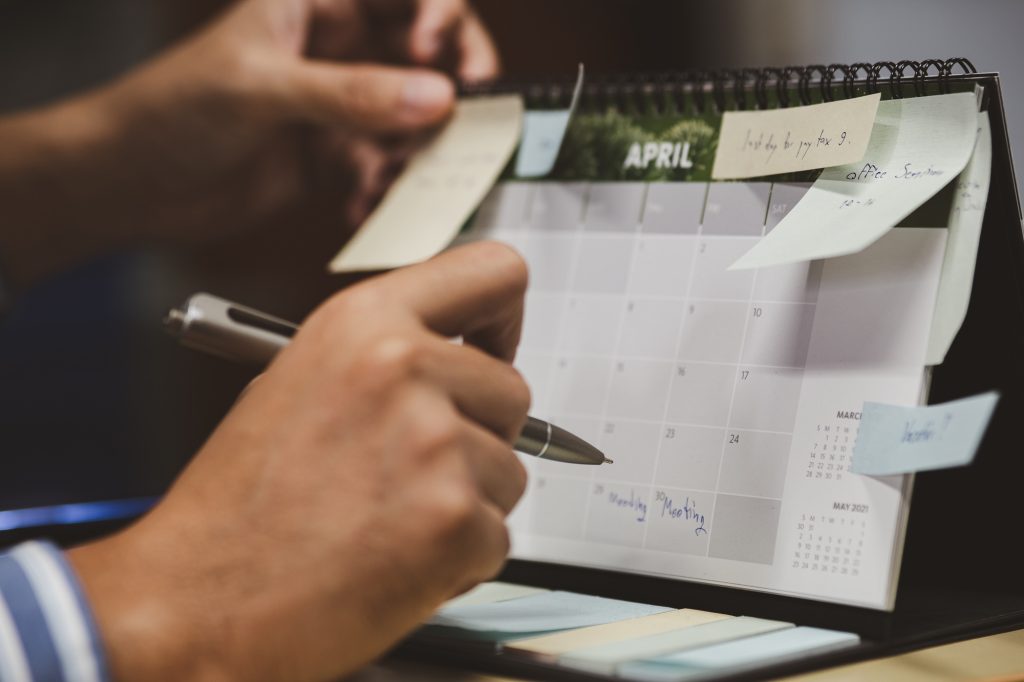
Do what works best for you to maintain healthy sleep even as we “Spring Ahead”.
Working toward your best self in 2025 with Evolve Mental Health!!
Tiff

